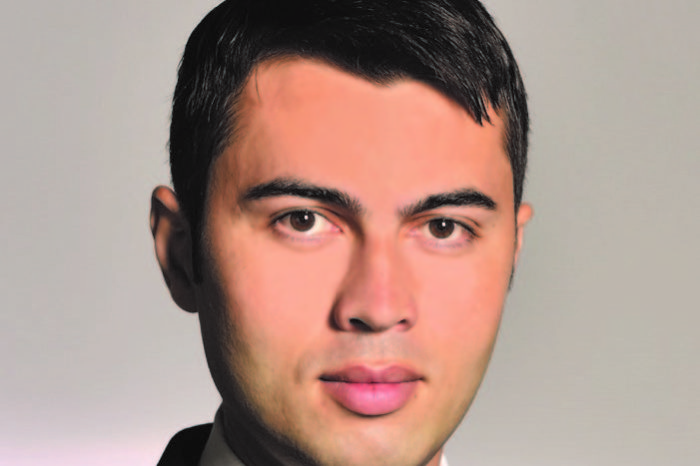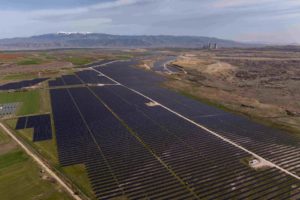Ondrej Safar, CEZ Group: “Romania can become a hub for international smart solutions providers”

“We are already in the digital age, so the upward trend of implementing smart solutions is inevitable in all areas,” he tells The Diplomat-Bucharest. “Especially in terms of utilities, a compatible approach is needed to allow data aggregation, process adjustments and interdependencies. Having only its own funds and short implementation times, it is difficult for Romania to implement such a strategy in all its regions.”
He goes on to say that implementation can become feasible with attracted European funds, with a long-enough time horizon, with a realistic and sustainable strategy, and with the lessons learned from the more advanced domains in the field.
“A smart city is made up of various individual smart systems that must converge, and their implementation must be simultaneous, or at least have a compatible architecture that allows for further developments,” he explains. “Initial investments are very high, but the benefits will also be visible and will later reflect in lower utility tariffs and in a simpler and healthier way of life. European interconnection and renewable energy sources (especially micro-producers) have a direct impact on utility networks and create the need for Romania to align with international trends by creating smart grids.”
Romania’s next “smart steps” should start from an analysis of the available solutions on the market and their implementation at European level, as well as identifying potential funds to be attracted.
“It is important to create strategic partnerships with economic operators (solution providers, implementers) inside a regulatory framework that allows the systems’ realization within a reasonable time period,” says Safar. “Beyond establishing the context, a concrete step would be to initiate pilot projects for testing new technologies and updating the strategy of implementation extending the projects with positive results and monitoring the degree of zonal development. After all these steps are made, the final stage would be launching mass projects.”
He goes on to say that Romania must take advantage of this era of digitization and must use new technologies primarily to increase living standards by providing a pleasant and comfortable urban space where people can live, work, travel, develop a business, raise children, breathe clean air, relax, and enjoy their spare time together.
“At the same time, Smart Cities development can be an opportunity for Romania to become a hub for international smart solutions providers, having an impact over an entire economic domain (energy, automation and control companies). Better resource management can lead to medium and long-term stability.”
In 2015, CEZ launched its first “smart city” project in Giurgita (Dolj County) – namely the new public lighting system – through an energy performance contract (EPC). The main objective of the project was to reduce electricity consumption while ensuring the qualitative and quantitative parameters for public lighting.
“After Giurgita, a series of projects in the area of energy efficiency from the area of intelligent solutions implementation (cogeneration and trigeneration analyzes) followed,” says Safar. “Since 2015, at the level of the distribution operator in the Group, a strategic project has been launched which is in the process of transforming the whole distribution system in the south of the country into a smart one.”
In the field of utilities, the acceleration of the digitization process is mainly restricted by the limitation of the value of investments in implementing the new IT solutions, according to Safar. He explains: “In the field of electricity distribution only ten per cent of the annual investment plan value can be used in this direction, given the need to replace electrical equipment due to old age and to the regulated performance requirements.
The imposition of targets and objectives must be matched with the support offered on financial and implementation grounds. Regulatory framework models should be taken from the most advanced countries in this regard and adapted to the national specificity. The European funds available are an opportunity for utility operators to continue their Smart Transformation projects.”
From CEZ′ perspective, the prioritised projects for smart community development should include smart utility networks (electricity, gas, etc.), intelligent public / private buildings, intelligent transportation, intelligent lighting and smart parking.














